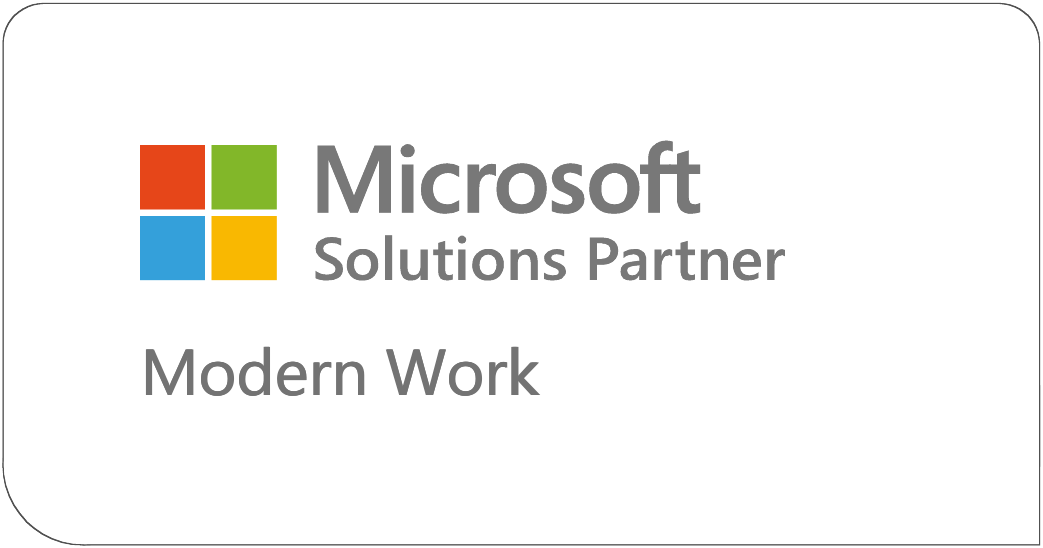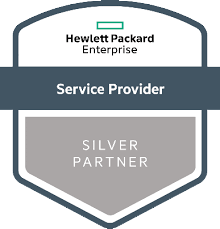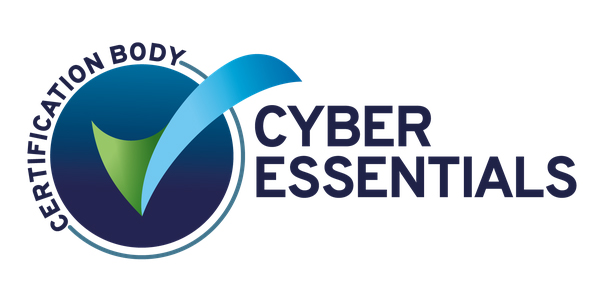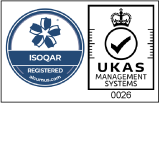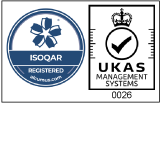Microsoft 365 Copilot is nearly here for SMEs.
The AI assistant for the Microsoft Office suite is set to revolutionise the business world — delivering a wide range of efficiencies and productivity improvements.
Although this tool is currently only available to enterprise customers, we expect a general release as early as Q1 2024 — meaning SMEs can start harnessing the power of compliant AI soon.
However, there are some preparations you must make before enabling Microsoft 365 Copilot to avoid exposing business data.
Here’s what you need to know before turning it on…
Why Copilot?
So, what prompted its development?
We all know OpenAI’s ChatGPT. The chatbot is great for creating entertaining content and simplifying research. However, it’s not an appropriate tool for business…
The information submitted by employees will be used to inform responses for other users, and users can’t rely on the accuracy of responses or the GDPR compliance of any data they share. Microsoft 365 Copilot will professionalise this.
Copilot will work as an AI assistant within your IT estate. Grounded in your business’ content, it will learn from internal files and communications networks to increase the relevance of responses and ensure all sensitive information is contained — helping to address security and compliance concerns around generative AI.
By deploying this engine within your technology ecosystem, employees can complete repetitive or skilled tasks with a simple command and harness Microsoft 365 applications and productivity tools (including Word, Excel, PowerPoint, Outlook, Teams and more) to their fullest potential.
With these advanced capabilities, you can enjoy higher quality, more efficient output overall — helping maximise you and your workforce’s resources and output.
However, there are some aspects of AI to consider before implementing Microsoft 365 Copilot across your organisation.
Preparing for your Copilot deployment
The launch of Microsoft 365 Copilot is exciting, with the potential to revolutionise processes. However, allowing AI inside your organisation poses new risks…
AI will actively learn and draw conclusions from all the information in your systems. So, with Copilot up and running, anyone within your company could request business-sensitive information stored deep in your folder structure.
That means without proper preparation, a user could stumble upon anything from employee wages and progress reports to a client’s financial status — or be misled by outdated and inaccurate data still lurking in your infrastructure.
As a result, it’s crucial to tidy up your data and implement the right governance policies and access configurations before turning Copilot on to mitigate the risk of private or out-of-date information landing in the wrong hands.
This process could take a matter of weeks or even months to complete. So, if you’re keen to turn on Microsoft 365 Copilot when it becomes available, here are a few things you should consider now to maximise its benefits whilst reducing associated risks…
Dealing with stale data
To avoid Copilot using the contents of old, outdated files as the basis for its responses, you should put appropriate data retention policies in place that ensure all stored data is segmented and organised into relevant folders. Additionally, you should archive or dispose of any information you no longer need to keep hold of.
Categorisation can streamline this process and make your information ‘search ready’. By ‘labelling’ your data, you can ask Copilot to search only for information that meets specific criteria, helping to refine results and minimise the likelihood of the assistant learning from inaccurate data.
Establishing a Centre of Excellence
Like any technology deployment, ensuring all business users have the resources and training to use Microsoft 365 Copilot effectively is crucial.
Depending on the size of your organisation it may not be worthwhile to set up a Microsoft Centre of Excellence (CoE) for internal users. However, sharing to share knowledge, ask questions and provide feedback is critical to rolling out the program.
And that’s just the start…
There are other technical and organisational requirements you must consider to ensure your Copilot adoption doesn’t become a privacy and compliance nightmare down the line.
So, if you want to make the most of Microsoft 365 Copilot for your business, we recommend undertaking a comprehensive readiness assessment as early as possible to ensure the process goes smoothly.
Get prepared today
Prepare for secure and compliant Copilot adoption with the TMT Copilot Readiness Assessment



